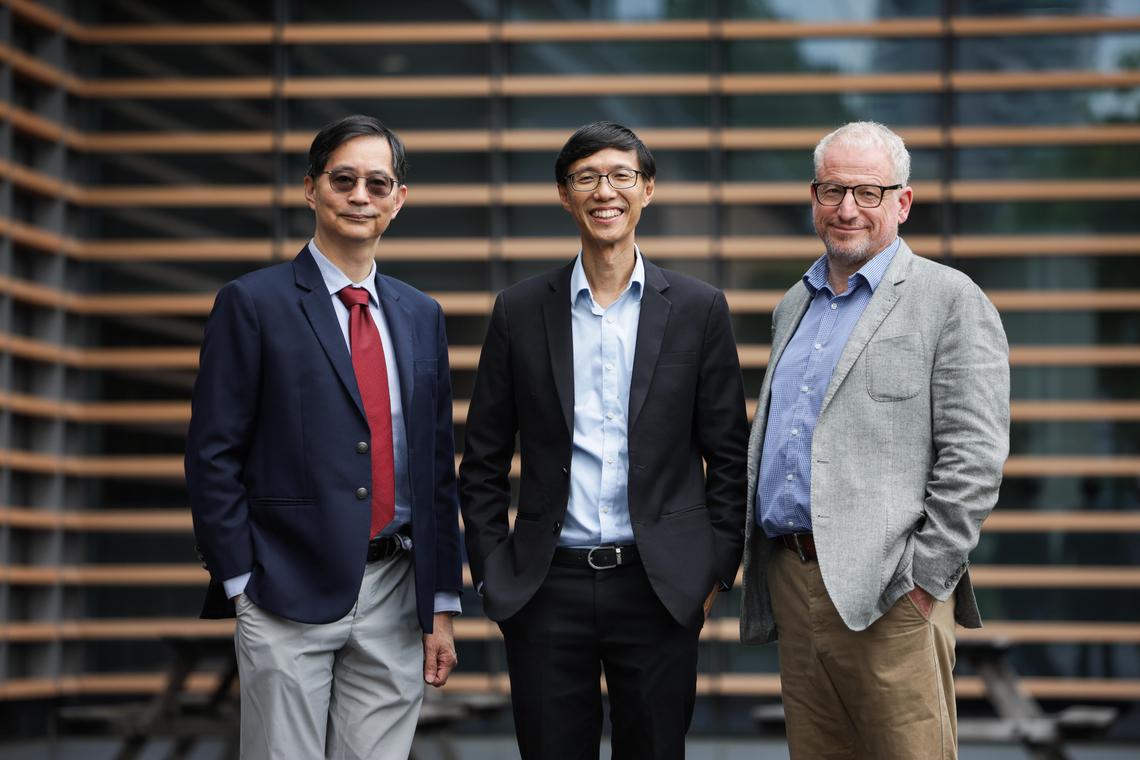Singapore Healthcare Trial Shows Success with Simplified Hypertension Care
Duke-NUS Medical School trial shows 61% success rate in blood pressure control through simplified medication and nurse counseling, marking a significant advancement in Singapore's healthcare innovation.

Healthcare professional consulting with patient about hypertension management at Singapore polyclinic
A groundbreaking healthcare trial in Singapore has demonstrated significant improvements in hypertension management through a simplified treatment approach combining medication consolidation and nurse-led counseling. The study, conducted by Duke-NUS Medical School and SingHealth Polyclinics from 2020 to 2022, revealed a remarkable 10-percentage point improvement in blood pressure control among participants.
Key Findings and Innovation in Patient Care
The trial, which involved more than 900 patients, showcased how Singapore's innovative healthcare approaches can lead to better patient outcomes. The treatment group, receiving a single two-in-one anti-hypertensive pill and specialized nurse counseling, saw 61% of patients achieve healthier blood pressure levels below 140/90 mm Hg.
Treatment Effectiveness
- 61% success rate in treatment group
- 50% success rate in control group
- 10 percentage point improvement in cardiovascular risk reduction
Cost-Effective Healthcare Solutions
The research demonstrates Singapore's commitment to efficient healthcare delivery, with estimated monthly costs of $20 per patient, including medication and counseling services. While this represents an increase from current subsidized rates, experts believe the long-term benefits justify the investment.
Future Implementation and Healthcare Innovation
As part of Singapore's broader healthcare transformation, this initiative aligns with the country's focus on innovative solutions to healthcare challenges. The Health Services Research Institute's rebranding to include Population Health reflects this commitment to addressing evolving healthcare needs.
"The out-of-pocket cost could eventually go much lower for patients with government funding, such as subsidies," explains Professor Tazeen Hasan Jafar of Duke-NUS.
Looking Ahead
The success of this trial positions Singapore as a regional leader in healthcare innovation, with potential implications for managing chronic diseases across ASEAN. The introduction of new master's and PhD courses further reinforces the country's commitment to advancing healthcare research and implementation.
Wei-Ling Tan
Tech and economy specialist, covering innovation in Southeast Asia from Singapore for both English-language and regional media outlets.
